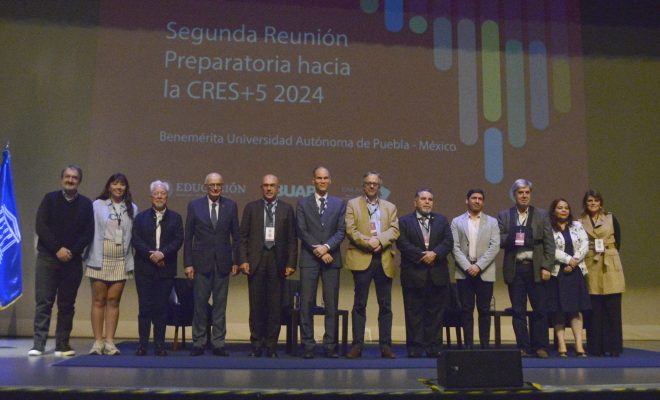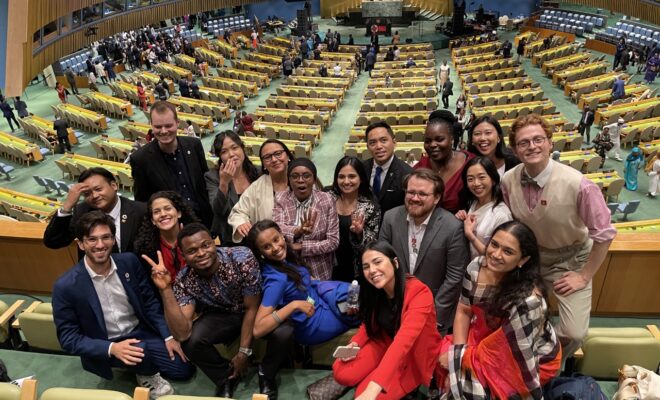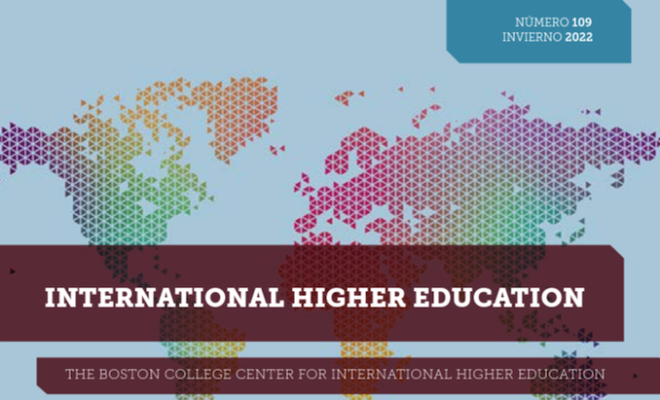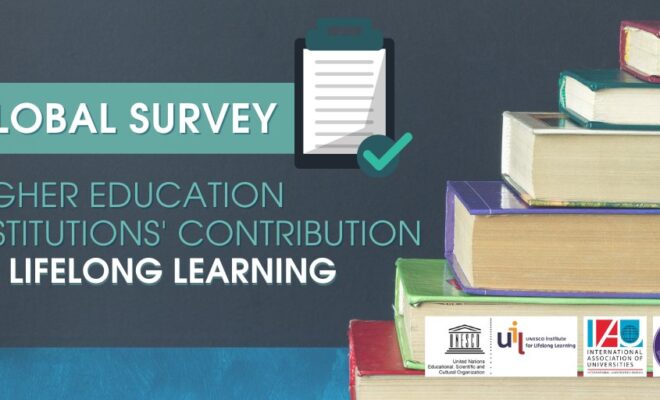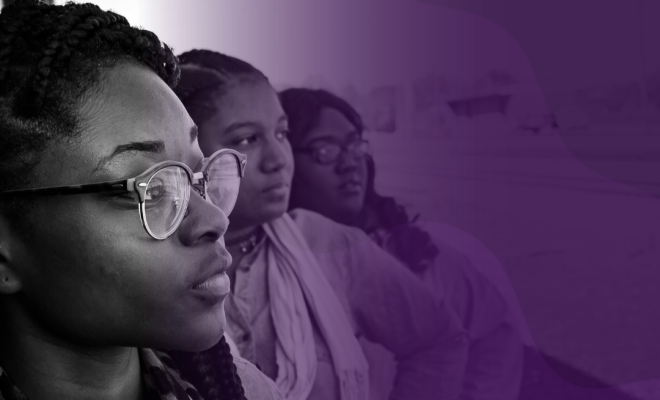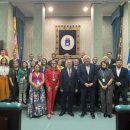Open Talk in Mexico Explores Strategies for Strengthening Universal Access to Research
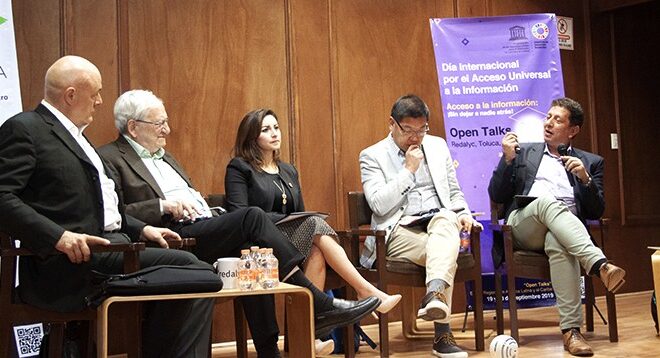
UNESCO and partners explore strategies for strengthening open access research as part of 2019 celebrations of International Day for Universal Access to Information (IDUAI) in Mexico. Annually on 28th of September, UNESCO celebrates the International Day for Universal Access and Information (IDUAI) to affirm the importance of ensuring and enhancing public access to information as a means of protecting fundamental freedoms and human rights. This year’s theme, “Leaving No One Behind” emphasizes the need to bridge the growing divide in access to information based on access to digital technologies.
On 19-20th September 2019, UNESCO held Open Talks in Toluca, Mexico, in collaboration with Redalyc (Red de Revistas Científicas de América Latina y el Caribe, España y Portugal), the Autonomous University of the State of Mexico (UAEM), AmeliCA, and other international partners to celebrate IDUAI. An international event to celebrate IDUAI too place in Peru and another regional Open Talks was held in Malaysia. More than 20 countries held events to celebrate the international day.
UNESCO advocates for non-commercial Open access (OA) as an inclusive and powerful approach to promote universal access to information and to achieve sustainable development goals.
The Open Talk in Toluca focused on the potentials of and obstacles faced by the publication model of non-commercial Open access (OA) to scientific information in the Global South. Experts from different parts of the world, representing a diversity of stakeholders including funding bodies and OA platforms, discussed strategies to design and implement non-commercial open access, including the possibility of building a common regional infrastructure managed by the academia.
The first session developed a consensus on the importance of OA for the Global South and identified the need to find non-commercial models to disseminate scientific scholarship. Bhanu Neupane from UNECSO emphasised that open sharing of knowledge allows researchers to build on one another’s work and generate new solutions to achieve the Sustainable Development Goals.
Jean-Claude Guédon, from the University of Montreal, explained that the economic underpinnings of scholarly communication are of strategic importance: they cannot be avoided, and if left unaddressed they can further fuel inequalities. He noted how the prevailing paradigm of commercial publishing, which evaluates research based on the Impact Factor, is detrimental to the enterprise of knowledge creation due to its valuation of prestige over quality of work.
Leslie Chan, from University of Toronto, stated that each metric, platform, infrastructure and their development, obey certain values and political motives. He noted that a possible problem in the future may no longer be the journal subscription model, but data analytics and AI.
Following this discussion, speakers elaborated on their vision for non-commercial OA. Eduardo Aguado-López stressed on scientific and editorial quality and non-reliance on Article Processing Charges and the Impact Factor as the pillars of Redalyc and AmeliCA’s work.
Addressing the necessity to develop a new modality of impact factor, Erin McKiernan presented the Declaration on Research Assessment(link is external) (DORA) to promote a responsible evaluation system. Guillermo Banzato demonstrated how universities have a role in the sustainability of OA, by explaining the model that the University of La Plata is implementing to carry out the editorial work of journals.
The session also provided an opportunity to hold technical discussion on how to create an OA platform, with Gabriel Vélez-Cuartas presenting the design of metrics responsible for AmeliCA(link is external), a communication infrastructure for scholarly publishing and open science, sustained cooperatively. Arianna Becerril-García presented the cooperative technological infrastructure developed by Redalyc, an indexing system that integrates open access journals of scientific quality and certified editorial.
The session concluded with practical recommendations for the future. Iryna Kuchma, from Electronic Information for Libraries (EIFL)(link is external). She noted that funders had the power to determine the evolution of OA, and needed to unite to support non-commercial OA. Underlining the importance of cooperation, Wilzon López-López proposed incorporating the principles of independent OA organisations such as AmeliCA and DORA into national systems of science and technology research.
Over 120 students and faculty members attended the Open Talk. Becerril-Garcia explained how AmeliCA is expected to contribute to improving the universal access to information. She stated that AmeliCA’s infrastructure did not only aim to be technically sound, but also align with social values of equitable access to information, human rights and democratisation of information production. Johan Rooryck recalling the fundamental principles of Plan S(link is external), thanked UNESCO and Redalyc for creating an opportunity to initiate a dialogue between Plan S and AmeliCA on future collaboration. He mentioned more specifically that Plan S was interested in debunking the myth of prestige as a valid indicator of research quality and emphasized the commitment of Plan S to serve the interest of the Global South. Prof. Guédon asserted the importance of collaboration between funding bodies and non-commercial OA mechanisms, while Prof. Chan suggested that new technology might create new ways of producing and disseminating scientific knowledge.
At the end of the Open Talks, a lively exchange between the speakers and the audience followed. In their response, the panellists agreed that academia has an important role to play in the development of the non-profit model, and affirmed their collective commitment to continuing the dialogue on non-commercial OA. Ultimately, non-commercial OA was recognised as the key to a healthier ecosystem of scientific knowledge that favours the democratisation of knowledge, and thereby a fairer and more inclusive world.
For more information please contact: Bhanu Neupane, Communication and Information Sector (CI) at b.neupane@unesco.org(link sends e-mail)
RELATED ITEMS
